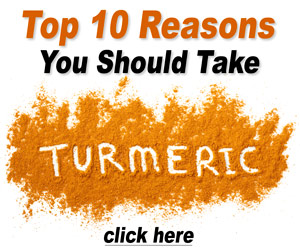Potential Drug Interactions with Guggul

If used at the same time, there is a moderate risk that guggul will interfere with treatment levels of a significant number of certain prescription drugs (e.g., statins and chemotherapy) because research suggests it increases the level of an enzyme in the body (CYP34A) that helps break these medicines down in the liver and/or transport them from the intestines into the blood. Drugs that interact with this enzyme treat a wide range of conditions, including treatments for high blood pressure, cancer, high cholesterol, fungal infections, abnormal blood sugar levels, and pain.6,68
In two small clinical trials involving healthy human participants, gugulipid significantly reduced the bioavailability in the blood of two prescription drugs used for high blood pressure—propranolol and diltiazem.10 Since some research indicates that guggul may have antiplatelet and anticoagulant effects, it could possibly increase the more serious risks (e.g., excess bleeding) from blood thinners such as aspirin, warfarin, and nonsteroidal anti-inflammatory drugs (NSAIDs).6 Guggul may also mimic the effects of thyroid hormone replacement therapy.11
Since guggulsterones are phytoesterols they can behave like estrogen in the body and increase adverse reactions from drugs containing estrogen (e.g., hormone replace therapy and oral contraceptives). Although this interaction is labeled only theoretical based on chemical properties of guggulsterones, it is considered a probable reaction. Experts warn against taking guggul if you are on any type of estrogen since the interaction is considered high risk of adverse effects.6


